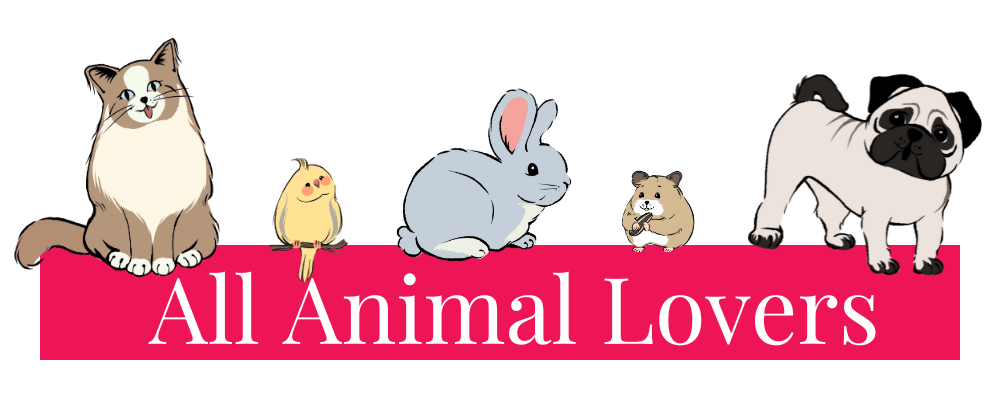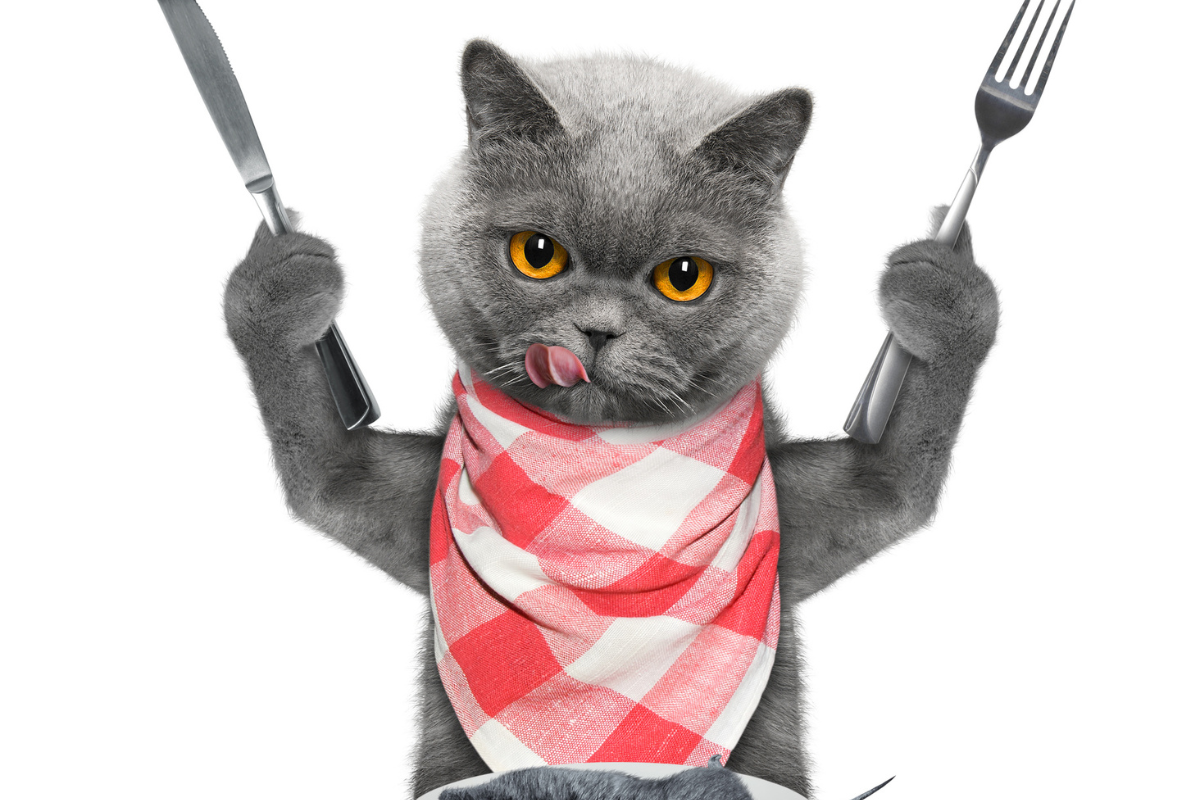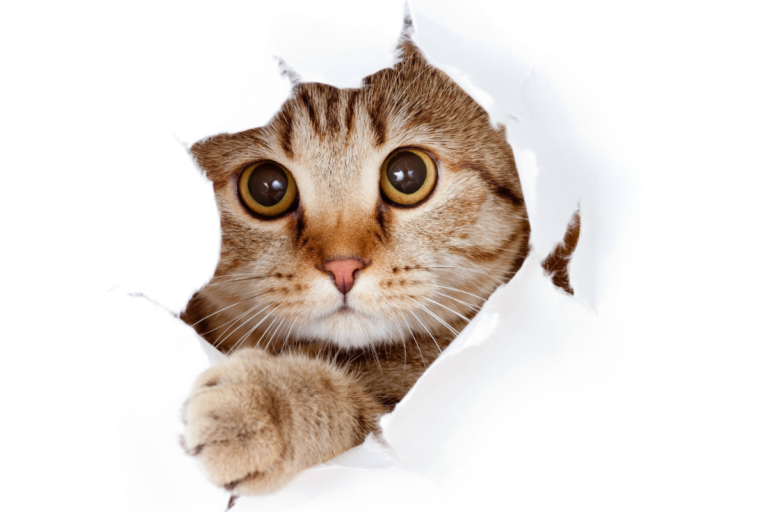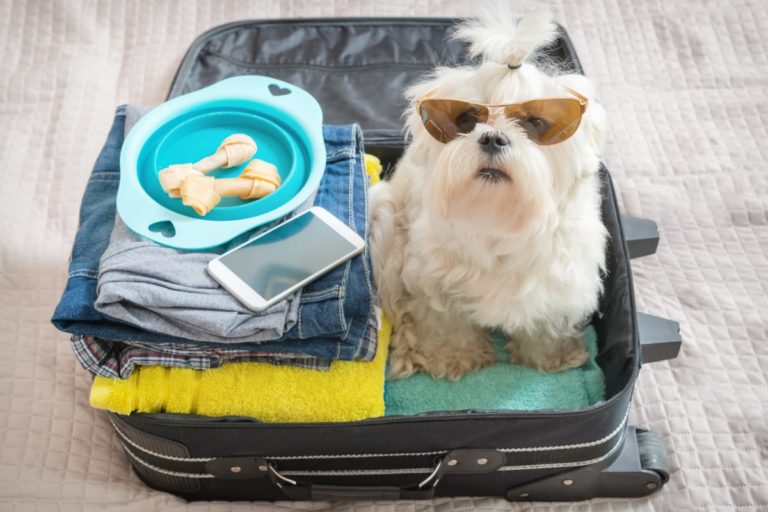What Not To Feed Your Feline Friend: A Guide for Cat Owners
This post may contain affiliate links, meaning if you decide to make a purchase via my links, I may earn a small commission at no additional cost to you. You can read our full affiliate disclosure by clicking here.
Cats are cherished members of our families, and we want to ensure their well-being. One crucial aspect of cat care is understanding what not to feed your feline friend. While it might be tempting to share your meals with your cat, some foods can be harmful or even toxic to them. In this article, we’ll explore the dos and don’ts of feeding your beloved kitty.
The Don’ts: Foods to Avoid
- Chocolate: Cats lack the ability to metabolize theobromine, a substance found in chocolate. Ingesting it can lead to severe health issues, including vomiting, diarrhea, and even seizures.
- Onions and Garlic: These common kitchen ingredients can cause damage to a cat’s red blood cells and lead to anemia. It’s best to keep allium vegetables far away from your furry friend.
- Grapes and Raisins: These seemingly harmless snacks can cause kidney failure in cats. Even a small amount can have serious consequences, so it’s best to avoid them entirely.
- Alcohol: Just as with humans, alcohol is toxic to cats. Even a tiny amount can lead to alcohol poisoning, resulting in loss of coordination and, in severe cases, coma or death.
- Caffeine: Coffee, tea, and energy drinks contain caffeine, which is harmful to cats. It can cause rapid heart rate, tremors, and, in extreme cases, death.
- Bones: While many people think cats enjoy gnawing on bones, they can splinter and cause choking or internal injuries. It’s safer to provide specially designed cat treats and toys.
- Fatty Foods: High-fat foods like bacon or fried chicken may cause pancreatitis in cats. Stick to their regular cat food for their well-being.
The Dos: What to Feed Your Cat
- Commercial Cat Food: High-quality commercial cat food is formulated to meet your cat’s nutritional needs. It’s the safest and most convenient choice.
- Lean Proteins: Cats are obligate carnivores, so lean meats like chicken, turkey, or fish are suitable as an occasional treat. Ensure they are cooked thoroughly and served without seasonings.
- Catnip: Most cats love catnip, which is safe and can provide them with mental stimulation and playtime.
- Cat Grass: Cat grass is a great source of dietary fiber and can help with digestion. It’s a safe and enjoyable treat for your feline friend.
- Fresh Water: Always make sure your cat has access to clean, fresh water. Hydration is crucial for their health.
Conclusion
In conclusion, being a responsible cat owner means understanding what not to feed your feline friend. Cats have unique dietary requirements, and some human foods can be detrimental to their health. Stick to a balanced diet of high-quality commercial cat food and the occasional safe treat to keep your cat happy and healthy. Remember, when in doubt, consult with your veterinarian for specific dietary recommendations.
By following these guidelines, you can ensure your cat stays healthy and happy, and you’ll enjoy many more joyful years together.







